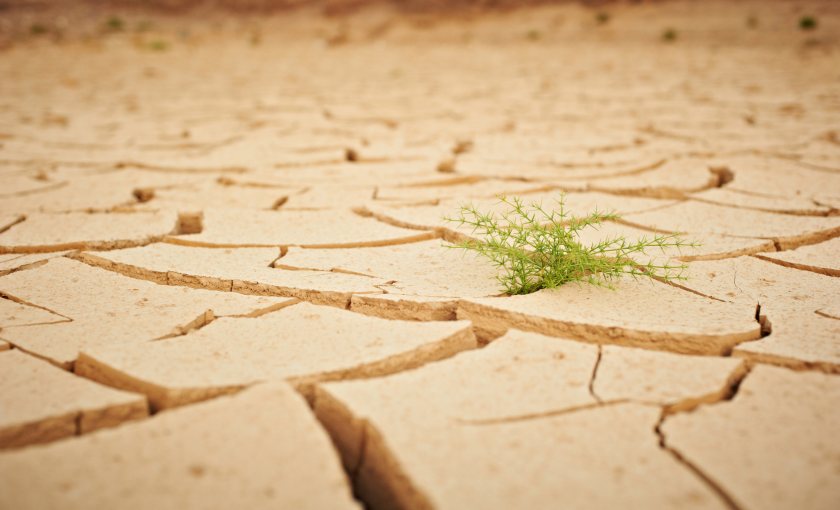Farmers reel as UK swelters through hottest summer on record

Britain has just sweltered through its hottest summer in history, the Met Office has confirmed, with farmers among the hardest hit by months of extreme heat and drought.
Between 1 June and 31 August, the UK recorded a mean temperature of 16.1°C — 1.51°C above the long-term average.
A succession of heatwaves fuelled droughts and wildfires in recent weeks, making it the hottest summer since records began in 1884.
The figure surpasses the previous high of 15.76°C set in 2018, while the summer of 2006, at 15.75°C, now ranks third.
This record is not a one-off. It follows the hottest ever UK day in 2022 and the wettest winter on record in 2023.
Tom Lancaster, food and farming analyst at the Energy and Climate Intelligence Unit (ECIU), said it underscored the growing impact of climate change on farming.
“2025 was the warmest spring on record for the UK and now it’s the hottest summer,” Mr Lancaster said.
“Alongside one of the driest springs in a century and a series of heatwaves, this has taken a real toll on Britain’s farmers, with harvest 2025 once again heading for near record low and livestock farmers struggling to grow enough grass to feed their animals.”
Lower harvest yields and dwindling pastureland for livestock are already straining the industry, while knock-on effects are feeding through to consumers.
Last month, the National Drought Group - comprising the Met Office, government departments, regulators, water companies, and the NFU - declared the situation a “nationally significant” crisis.
According to Met Office climate scientists, the likelihood of summers as hot as 2025 has increased dramatically due to the changing climate.
Their analysis shows that “a summer as hot or hotter than 2025 is now 70 times more likely than it would be in a ‘natural’ climate with no human-caused greenhouse gas emissions.”
Mr Lancaster warned that while farming is bearing the brunt of the climate extremes, 2025 smashed the records for wildfires, as the area burned is more than 60% higher than the previous worst year.
"And now food prices are on the rise as farmers and retailers warn the impact of this year’s drought will continue into the autumn,” he added.
The analyst stressed that this summer’s record heat should not be viewed in isolation but as part of a wider trend driven by climate change.
“This isn’t just weather, it is the impact of climate change in real time, and these impacts will only get worse if we don’t do more to reduce emissions."
The strain is not only financial but psychological. Research commissioned by the ECIU and carried out by Grounded Research highlights the toll that extreme weather is taking on farmers’ mental health.
According to the study, 98% of British farmers have experienced extreme weather over the past five years. The most common events were heavy rainfall, drought and heatwaves.
During such periods, 92% reported feelings of anxiety, with more than a third (34%) describing themselves as “very anxious”. Almost two-thirds said they had felt depressed, while 6% admitted to being “very depressed”.








